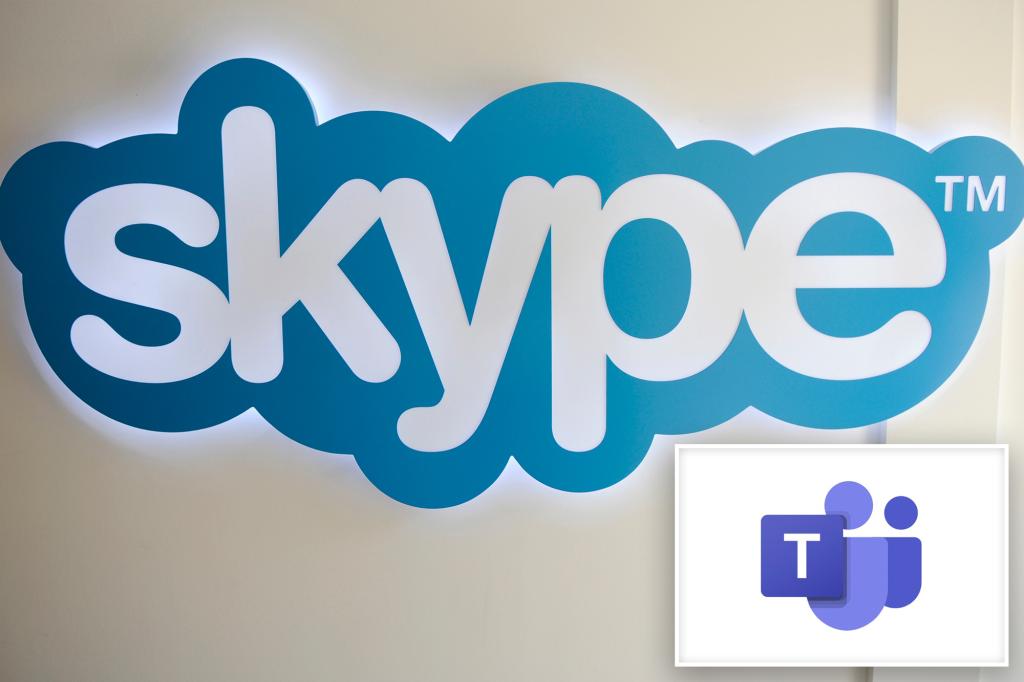Breaking: Skype's Final Curtain Call - Top Communication Platforms Ready to Take the Throne

Urgent: Transfer Your Skype Contacts to Microsoft Teams Before Time Runs Out
Attention Skype users! Today is your final opportunity to seamlessly migrate your cherished contacts to Microsoft Teams. Microsoft has set a critical deadline for transferring your Skype contact list, and if you don't act now, you might lose valuable connections.
The process is straightforward and designed to ensure a smooth transition for users who have relied on Skype for years. By taking a few simple steps, you can automatically transfer all your existing contacts to Microsoft Teams, preserving your communication network without any hassle.
Don't let this opportunity slip away. Take a moment to safeguard your contacts and embrace the enhanced communication features of Microsoft Teams. Time is of the essence, so log in and complete your transfer today!
Pro tip: Make sure you're signed in with the same Microsoft account you used for Skype to ensure a seamless transfer.
